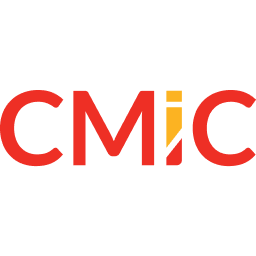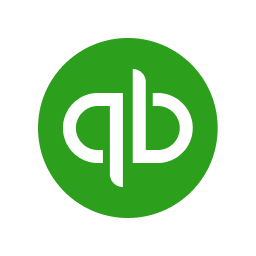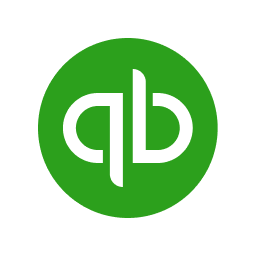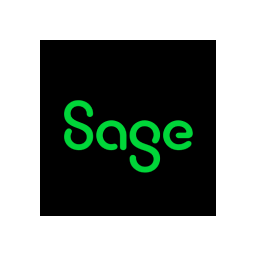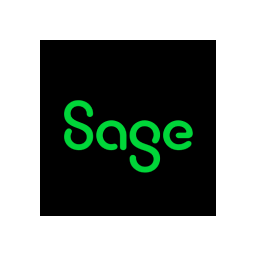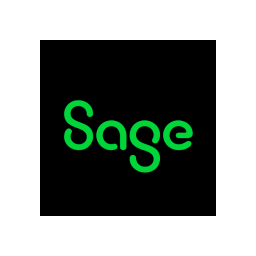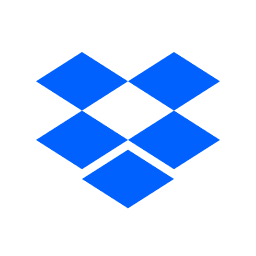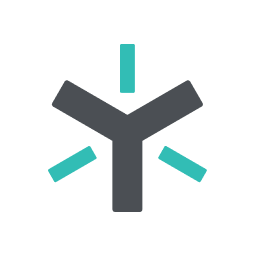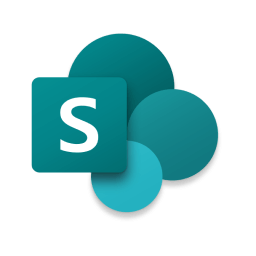
Every startup is different, but many can’t tell you how. Even from the inside, it can be hard to put your finger on - especially during the early stages.
Here, we unpack what makes us different so it’s easier to understand from the outside, especially for candidates considering Agave alongside other startups.
1. We’re early-stage, yet de-risked.
We’re a rare combo of being early stage yet lower risk.
Our employees get the benefits of an early stage startup - high impact, more ownership, harder challenges, faster learning, high financial upside - without the risk you’ll have at almost any other early startup - like an unproven product, an unclear market, unpredictable revenue, or co-founder disputes.
We have a serious business that serves a durable need in one of the largest and oldest industries on earth. We’ve noticed a pocket of the world that’s underserved by technology, and we’re proving our plan on how to help modernize it. We’re profitable and stable, serving hundreds of customers who pay us annual recurring revenue. Our co-founders have worked together for 10+ years.
All of these factors increase our odds of thriving over the next decade.
2. We’re fully in-person, every day.
Our team works in-person five days per week. We’ve been this way since day one, and we’re committed to maintaining our in-person culture going forward.
We founded Agave during peak COVID, when building in-person was unorthodox. This made us the talk of our YC batch, and was a major hurdle to hiring our first few employees. Despite the initial friction, our decision has paid off immensely.
Working in-person has obvious benefits. We make faster decisions, have a tighter-knit team, build deeper relationships, and share more across teams. We pick each other up on frustrating days, and celebrate wins more viscerally. Younger folks get better mentorship and learn tons through observation.
There are less obvious benefits too. Adding daily friction ensures working at Agave is a deliberate choice, not the path of least resistance. Most of our team moved to SF from far away (Canada, SoCal, Texas, Virginia) specifically to join an in-person startup.
Our “all-in” dedication shows seriousness, commitment, and ambition. It weeds-out folks who want to join for the wrong reasons.
3. We write (and read) a lot.
Our co-founding team spent 4+ years at Amazon. More than anything, we learned how to write.
We infuse Amazon’s well-documented writing culture in our daily work. We review docs for everything - product decisions, weekly lessons, sprint planning, feature requests, job openings, pricing changes, employee feedback, and more. It’s not uncommon to write multiple docs in a week.
We take detailed notes for every sales call. All roles write (and read), even engineers. We review these docs as a team or async, depending on the context. We debate them in open meetings, and make them accessible in shared folders for everyone to read after.
Writing sharpens your thinking, centralizes context, makes it easy to receive feedback, creates a referenceable artifact, and helps evaluate past decisions. Writing produces more rigorous thought and drives better decisions faster.
4. We favor transparency.
We send each new joiner Ray Dalio’s Principles, which explains the value of radical transparency.
We aren’t as extreme as his company, but we take transparency seriously. We write docs and share them with the entire team. We have weekly business reviews for core parts of the business - engineering, sales, recruiting - open for anyone to attend and participate. We use docs to structure each meeting.
We do all of this for a few reasons. First, sharing information leads to better outcomes. We hire world-class talent and want to stress-test our thinking. Exposing ideas to feedback is a fast way to improve them.
Second, we expect high ownership of employees, and encourage decentralized decisions. For this model to work, everyone needs accurate, timely data to understand context and to make tradeoffs.
Last, we all learn faster by having access to the thoughts, decisions, and context across the company. Our transparency gives each employee a front-row seat to building, running, and growing a startup.
5. We’re active and competitive.
Several team members were college athletes. We have an on-site gym that most of us use daily. We’re an active bunch that prioritizes personal health and fitness, despite some of the snacks you might see in our pantry.
We favor hiring people with competitive backgrounds. Whether it’s sports, chess, debate, or dancing, we want employees who are tenacious, know how to handle setbacks, and are great teammates to work with.
6. We work very closely with our customers.
Amazon’s “Customer Obsession” principle is another foundational tenet we picked-up during our time there. Starting with customers and working backward simplifies everything - from roadmap decisions to on-call priorities.
We do not build what we think is cool or interesting. For each new feature, we write a doc that works backward from a well-defined customer need before we write a line of code. A key input is impact on our revenue growth, because that’s the key metric the drives our business. We often get customers to pre-commit to paying for features upon delivery, so we validate the usefulness of the new feature and de-risk pursuing a “nice to have” problem.
We personally onboard every new user and maintain customer-specific chat groups after they go live. We give our customers our phone numbers to call/text us for help. We record each customer meeting for our team to review after, allowing everyone to keep a pulse on how customers react to our product.
It’s not just PMs and Sales who works with customers - everyone does. Our engineers routinely jump on 1:1 calls with customers to help them debug issues or to gather feedback on new features.
Constant focus on our customers helps us understand their needs, deliver something they want, earn their trust, and build a great business.
7. We like problems that require schlep.
We like that our company isn’t premised on the latest tech trend or an ingenious innovation.
Our business requires higher-than-normal schlep - challenging work that demands (and rewards) perseverance. Paul Graham explains the idea here. Companies like Plaid prove that, in certain markets, if you’re willing to grind it out you will have a valuable product that nobody else is willing to build.
We have to create APIs for decades-old systems with no documentation. We need to move thousands of records into and out of on-prem systems for hundreds of customers daily. We need to form partnerships with dozens of companies who compete with each other. We have to sell to highly fragmented companies who operate largely offline.
These are not “sexy” problems to solve and the process can be painful. They’re challenging and require endurance, which deters others from competing. The results are worth it.
Your next chapter
If you share our values and are ready to have immediate impact, we’d love to talk. Explore our openings and join us in shaping the future of construction.





